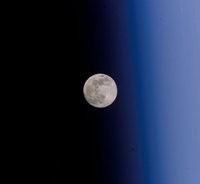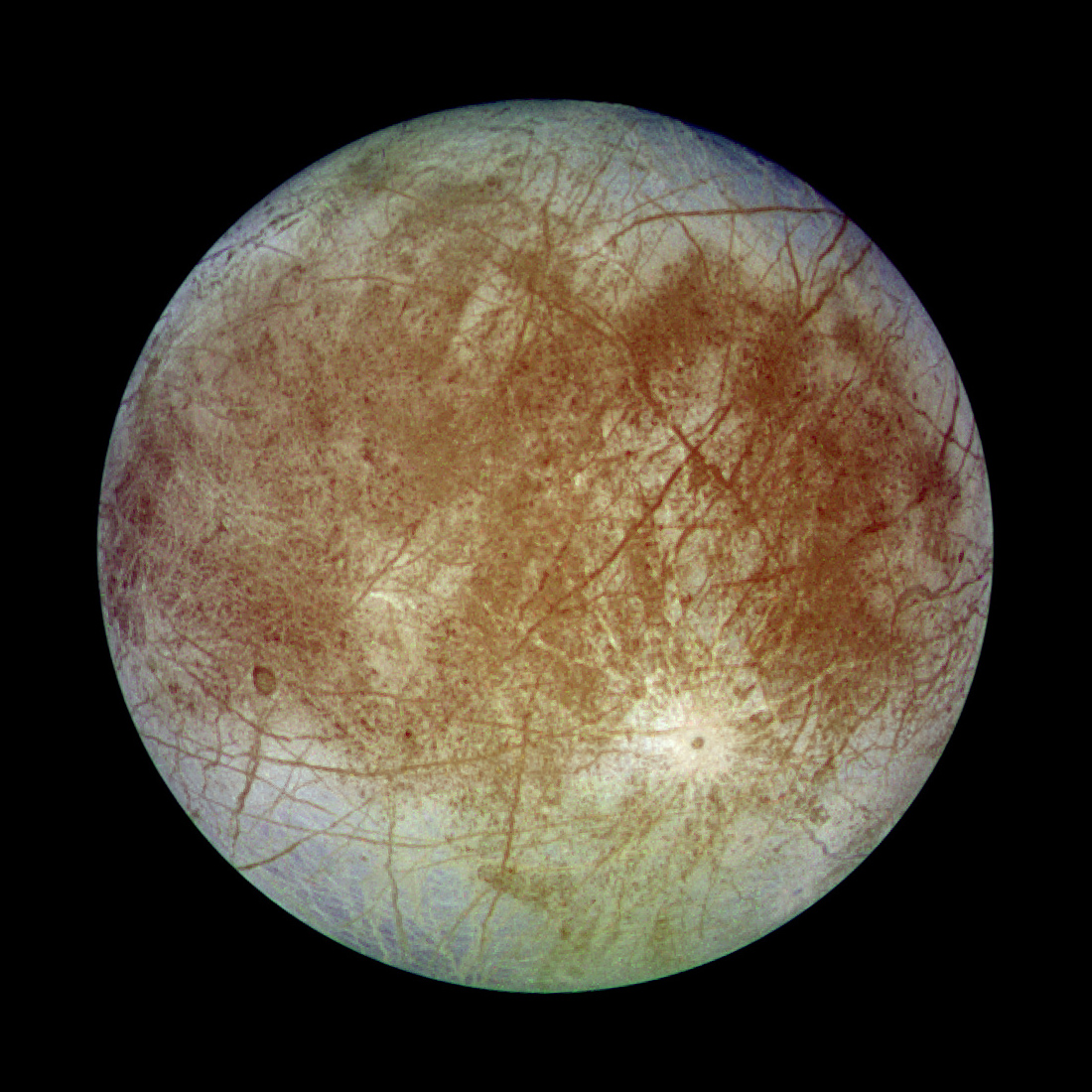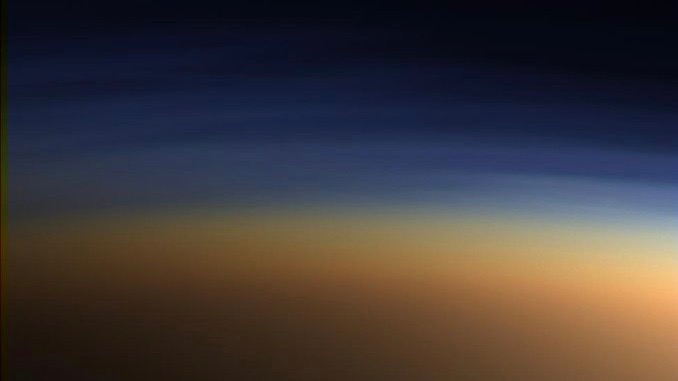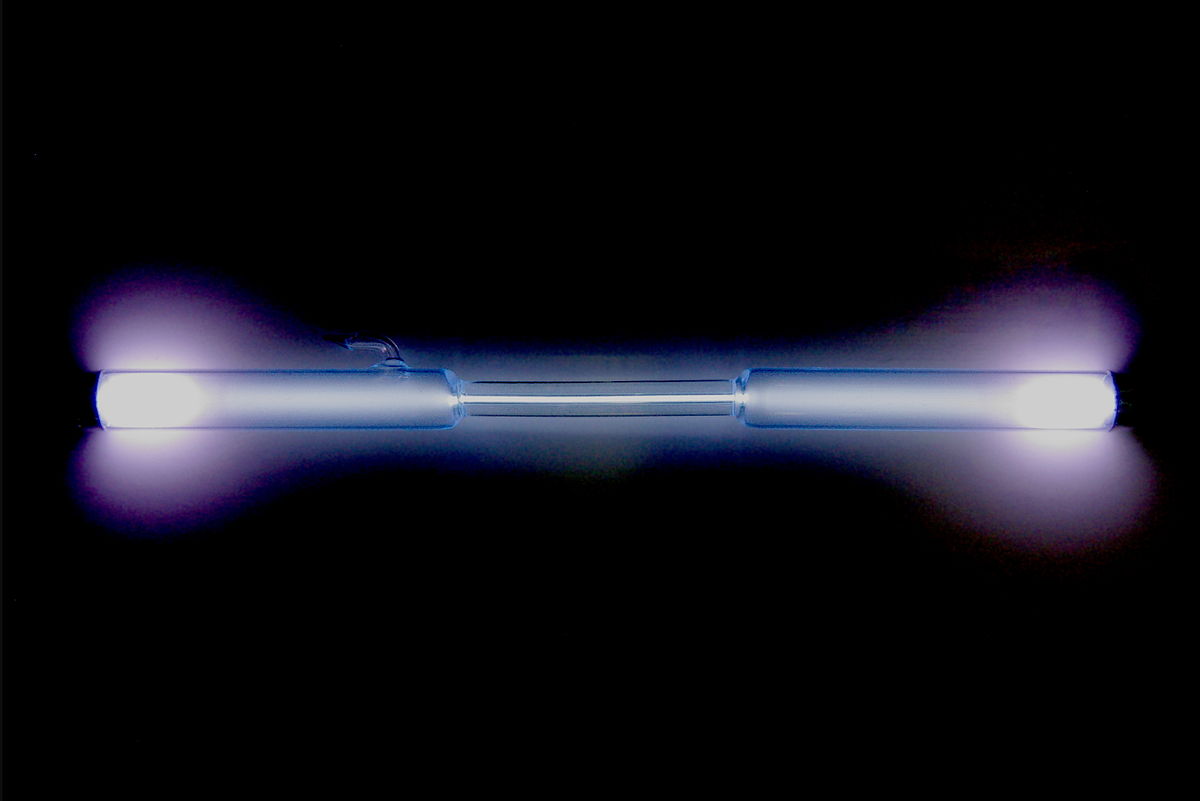
Analyses of Apollo samples of the Moon and meteoritic samples of asteroids suggest there was an intense period of impact bombardment ~3.9-4.0 Ga, several hundred million years after solar system formation. The geochemical and geologic fingerprints of that period of bombardment point to asteroids as the principal source of the debris. The data suggest Jupiter’s orbit moved, causing resonances to sweep through the asteroid belt. The bombardment may have made life untenable on the surfaces of planets (including Earth), while simultaneously creating subsurface habitats. Similar periods of bombardment in other planetary systems are being detected by the Spitzer Space Telescope.
To join using a videoconferencing system:
Please RSVP to Mike Toillion (mike.toillion@nasa.gov) if you will be joining by Polycom.
To view the slides, connect to http://connect.arc.nasa.gov/uwseminar/
To join using a web browser:
The slides and audio/video for this meeting will be presented using Adobe Connect. To join the meeting, connect to:
http://connect.arc.nasa.gov/uwseminar/
If you are having problems connecting, you can try joining http://connect.arc.nasa.gov/uwseminar/?launcher=false, or rebooting your computer, or try joining from another network.
 Getting Under Europa’s Skin
Getting Under Europa’s Skin Tracing Formation and Evolution of Outer Solar System Bodies Through Stable Isotopes and Noble Gas Abundances
Tracing Formation and Evolution of Outer Solar System Bodies Through Stable Isotopes and Noble Gas Abundances Photosynthesis, a Planetary Revolution
Photosynthesis, a Planetary Revolution Xenon: King of the Gases
Xenon: King of the Gases